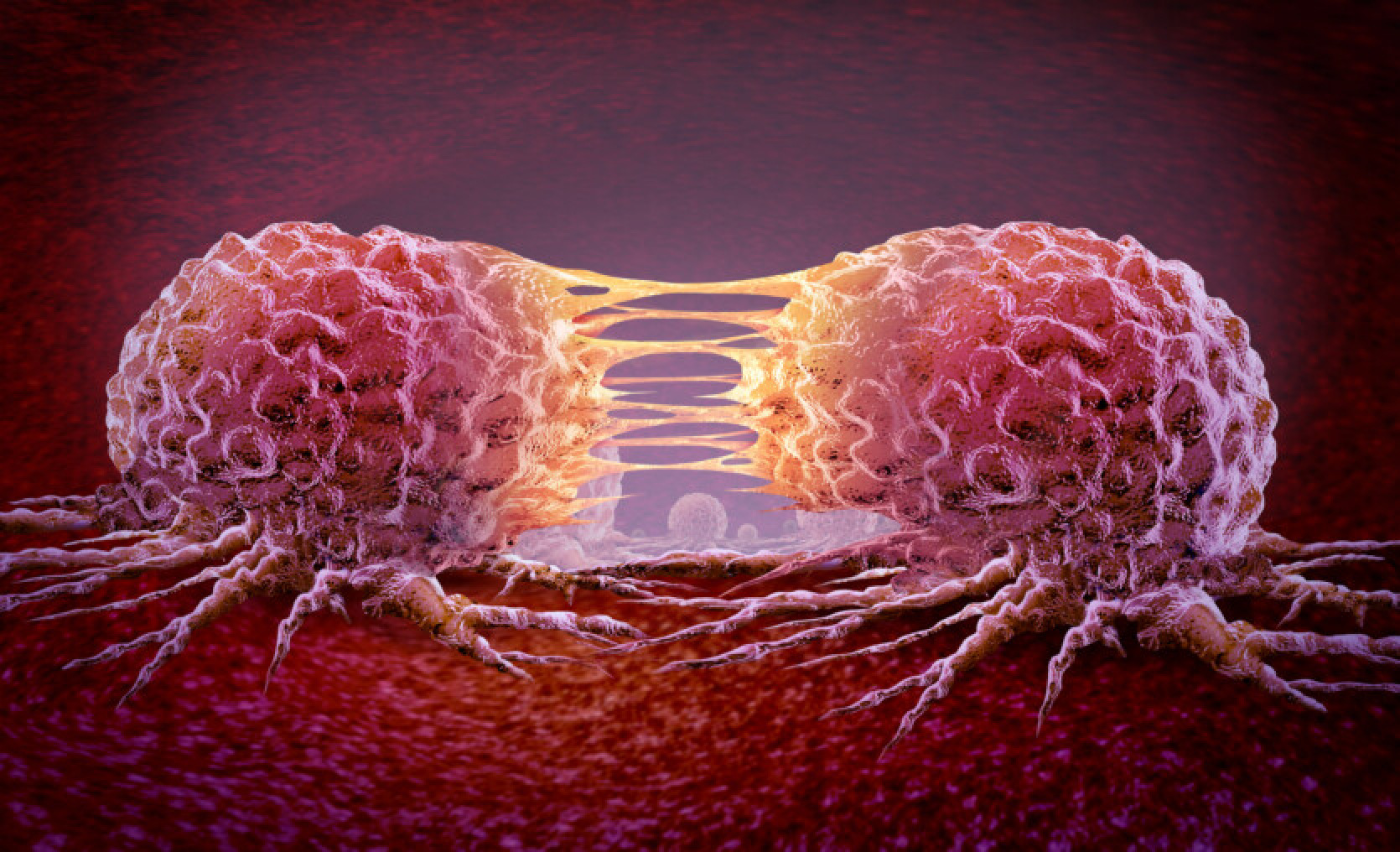Researchers from Stanford University (USA) have created a molecule that prompts cancer cells to undergo self-destruction through apoptosis.
Every day, billions of cells in the human body die thanks to a natural process known as apoptosis. When apoptosis fails to function correctly, cells can become malignant, potentially leading to life-threatening conditions. Currently, Stanford University researchers are developing an innovative treatment method aimed at the potential eradication of a specific type of cancer.
A recently published study outlines a technique for reactivating apoptosis in mutated cells. This essentially means forcing cancer to self-destruct using a bioengineered binding molecule.
Gerald Krebtree, one of the study's authors and a professor of developmental biology, mentioned that the idea came to him during a hike in the Kings Mountain range in California amid the pandemic. The new compound is designed to bind two proteins already present in cancer cells, restoring the apoptosis process and inducing self-destruction of cancer.
“We aim for the same specificity that can eliminate 60 billion cells without collateral damage,” explains Krebtree.
This means that no cell should be destroyed unless it is the direct target of this new mechanism. The two proteins involved are BCL6, an oncogene that suppresses apoptosis-promoting genes in B-cell lymphoma, and CDK9, an enzyme that catalyzes gene activation instead.
Mutated BCL6 proteins block the signal that typically prompts cancer cells to activate apoptosis. Traditional non-radical cancer treatments have tried to neutralize oncogenes, while this new research proposes a mechanism to exploit them.
“We take what cancer relies on for its survival and change the script so that it is what destroys it,” notes Krebtree.
The researchers tested the new molecule, designed to bind BCL6 and CDK9, on cells from diffuse large B-cell lymphoma in laboratory conditions, where the compound showed effectiveness in killing cancer cells. They then assessed the compound in healthy mice to determine if it had any toxic effects on normal cells, which it did not. However, the molecule appeared to influence a specific type of immune cells (B-cells) that also contained the non-mutated version of the BCL6 protein.
The team is currently testing the molecule on mice with diffuse large B-cell lymphoma to evaluate the cancer-killing method's effectiveness in living organisms. This technique relies on the natural reservoir of BCL6 and CDK9 in cells, suggesting its probable effectiveness only against cancerous lymphomas. After testing the new molecule on 859 different types of cancer cells in the laboratory, the researchers confirmed that it is capable of destroying only diffuse large B-cell lymphoma cells.
Source: Techspot














Comments (0)
There are no comments for now